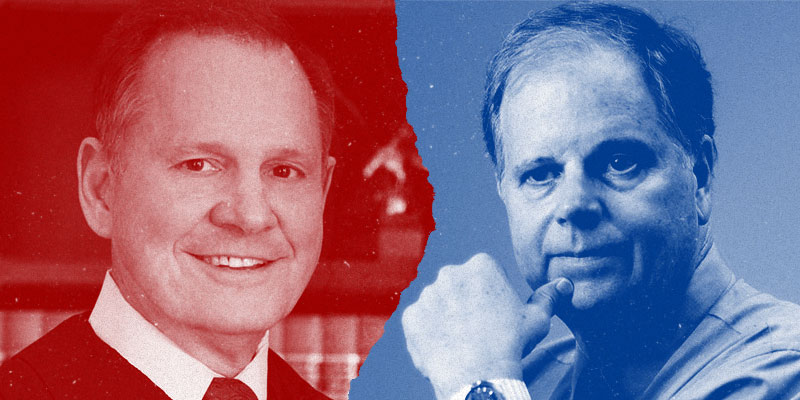This article is the second in a three part series by the Alabama Policy Institute focusing on energy issues in Alabama. The first article can be viewed on AL.com
The stated mission of the Alabama Public Service Commission (PSC) is “[t]o ensure a regulatory balance between regulated companies and consumers in order to provide consumers with safe, adequate and reliable services at rates that are equitable and economical.” In short, the job of the PSC is to regulate utilities in Alabama.
But lately the PSC has become a heated battleground over environmental policy. In January, PSC President Twinkle Cavanaugh and Commissioner Jeremy Oden rejected Commissioner Terry Dunn’s motion for a formal rate review process. Responses to the PSC’s actions were intense. Members of the media intimated that PSC commissioners were the lapdogs of the utilities, and Cavanaugh shot back with comments about protecting coal industry jobs against “radical environmentalists.”

The recent clash at the PSC is over a strategic environmental policy agenda. Period.
We can quickly dispense with the notion of a lack of transparency driving the conflict. The PSC has already agreed to additional public meetings about rates, capital expenditures, operational performance, and overall financial performance for its regulated utilities. Most importantly, tomes of filings and information relating to rates and utility activity are already publicly available. If PSC commissioners fail to achieve an appropriate balance between consumers and utilities or hide information from consumers, they are easily replaced in the next election.
Most of the politicians responding to the recent controversy at the PSC have focused on coal jobs, the economy, and radical environmentalists. Members of the press have rightly challenged them to “connect the dots” between an adversarial rate review and any environmental agenda. Unfortunately, those dots are easy to link and unsettlingly close to home.
Alabamians need look no further than similar proceedings in Georgia. In filings during Georgia Power’s most recent rate case, the Southern Alliance for Clean Energy, funded by the liberal San Francisco-based Energy Foundation, stated that the rate case was the correct forum to consider “coal unit retirements,” legalese for shutting down coal-powered energy production. In the same rate case, a consultant for Georgia Watch claimed that the purpose of his testimony was to provide recommendations “concerning the retirement of certain Georgia Power Company coal-fired generating units.”
Essentially environmental groups argue that shutting down economic fossil fuel generators is more cost effective than complying with the litany of upcoming state and federal regulations. The strategy of those groups in Georgia was successful. Georgia Power recently announced that it would close 15 coal- and oil-fired units, accounting for about 20% of the electrical capacity of its power grid.
What environmental policies might be pushed through the adversarial process championed by Dunn before Alabama’s PSC? The Alabama Environmental Council, also funded by the Energy Foundation, recently suggested that Alabama should look to Louisiana’s renewable portfolio standard (RPS) pilot as an example of positive policy change.
An RPS is essentially a requirement that a certain percentage of power generated by utilities comes from renewable, typically more expensive, sources.
States with aggressive RPS requirements have some of the highest power rates in the nation. Hawaii, New York and Connecticut have residential electricity rates that are 34.68, 18.26, and 18.11 cents per kilowatt-hour respectively. If the average customer in Alabama saw those rates, their electric bill would jump from a little more than $142 per month to between $232 and $445.
In short, the fact that a rate review is not designed for a policy change does not prevent it from being used as such. The concerns about environmental policy changes being pushed through the current PSC rate process are not a fringe conservative myth but rather the tactical considerations of ideologically-driven, well-funded environmental interest groups.
Regulatory transparency is vital, especially when engaging utilities that have very little or no marketplace competition. But transparency should not be confused with the shrewd political tactics of groups recognizing their agenda is more easily executed through regulation than legislation in states like Alabama.
Environmental interest groups have every right to support energy generation without fossil fuels, but Alabamians should question whether they should provide them a new procedural tool at the PSC to promote their agenda.
Cameron Smith is Policy Director and General Counsel for the Alabama Policy Institute, an independent, non-profit research and education organization dedicated to the preservation of free markets, limited government and strong families, which are indispensable to a prosperous society.









